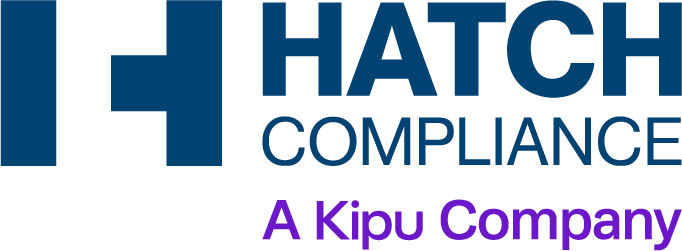In today’s evolving healthcare landscape, compliance with regulations and standards is more critical than ever, particularly in the realm of behavioral healthcare. The integration of digital technologies has brought about both opportunities and challenges, shaping the way compliance is approached and maintained. Understanding these dynamics is essential for healthcare providers and organizations to ensure they meet the highest standards of care while leveraging the benefits of digitalization.
- HIPAA Compliance: The Health Insurance Portability and Accountability Act (HIPAA) sets the standard for protecting sensitive patient data. In the digital age, ensuring compliance with HIPAA regulations requires robust cybersecurity measures, encrypted communication channels, and comprehensive staff training on data handling protocols.
- Telehealth Regulations: The proliferation of telehealth services has expanded access to behavioral healthcare but also introduces new compliance considerations. Providers must navigate state-specific regulations governing telehealth practice, reimbursement, and patient privacy to deliver care ethically and legally.
- Electronic Health Records (EHR) Management: Transitioning from paper-based to electronic health records offers numerous benefits, including improved efficiency and accessibility of patient information. However, maintaining compliance with regulations such as the Health Information Technology for Economic and Clinical Health (HITECH) Act is paramount to safeguarding patient data from breaches and ensuring interoperability between systems.
- Ethical Considerations: In the digital age, ethical dilemmas surrounding patient confidentiality, informed consent, and boundary maintenance have become increasingly complex. Behavioral healthcare providers must uphold ethical standards while navigating the nuances of online communication, social media use, and remote therapy sessions.
- Continuous Education and Training: Staying abreast of evolving regulations, technological advancements, and best practices is essential for ensuring ongoing compliance in behavioral healthcare. Investing in staff training programs, engaging with professional organizations, and leveraging resources provided by compliance experts can help healthcare professionals navigate the complexities of compliance in the digital age.
As we navigate the intricacies of behavioral healthcare compliance in the digital age, it’s crucial to recognize the significance of staying informed, proactive, and adaptable. By prioritizing compliance efforts and embracing emerging technologies responsibly, healthcare providers and organizations can uphold the highest standards of care while maximizing the benefits of digitalization. For those seeking further guidance or assistance in navigating compliance challenges, reaching out to Hatch Compliance, the compliance experts, can provide invaluable support and expertise.
www.HatchCompliance.com // Info@Hatchcompliance.com













